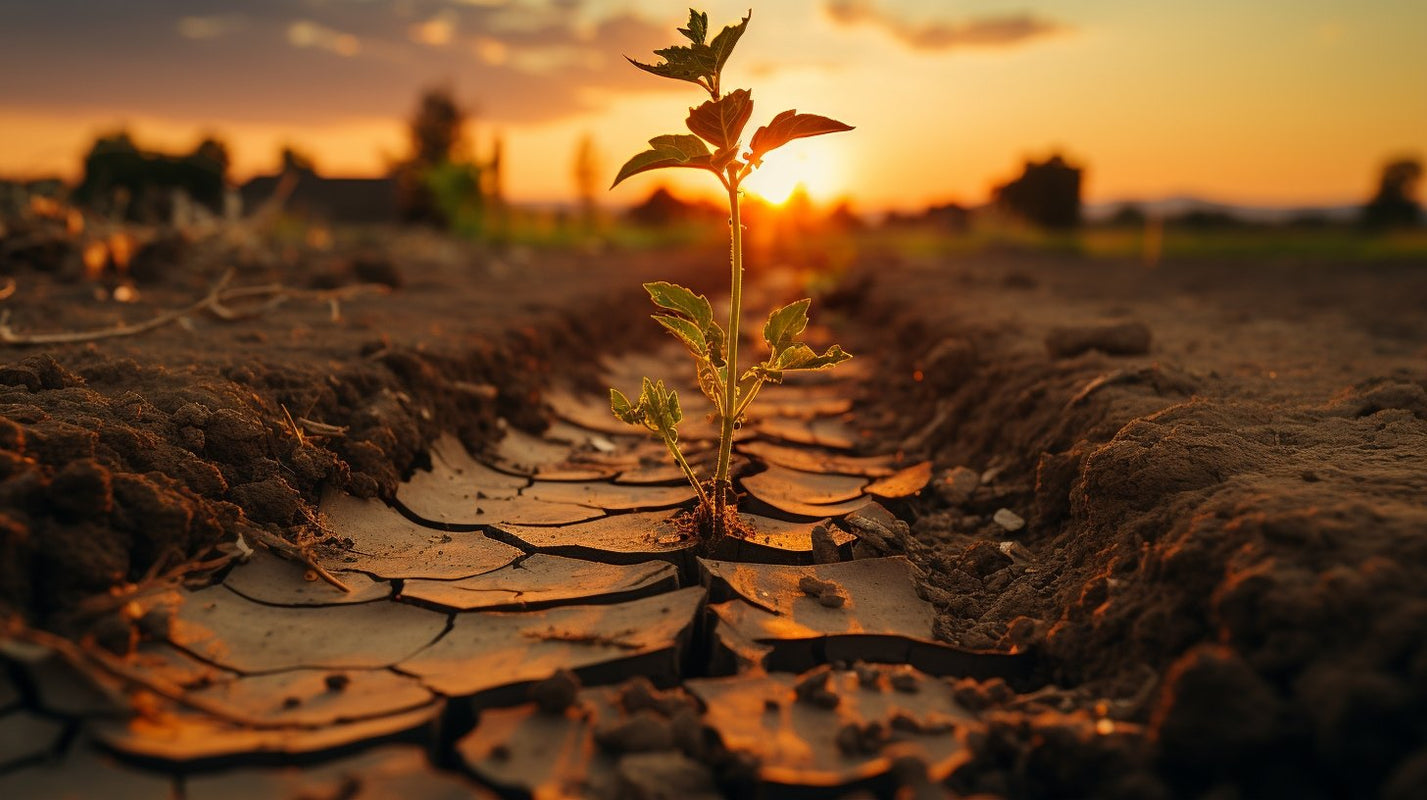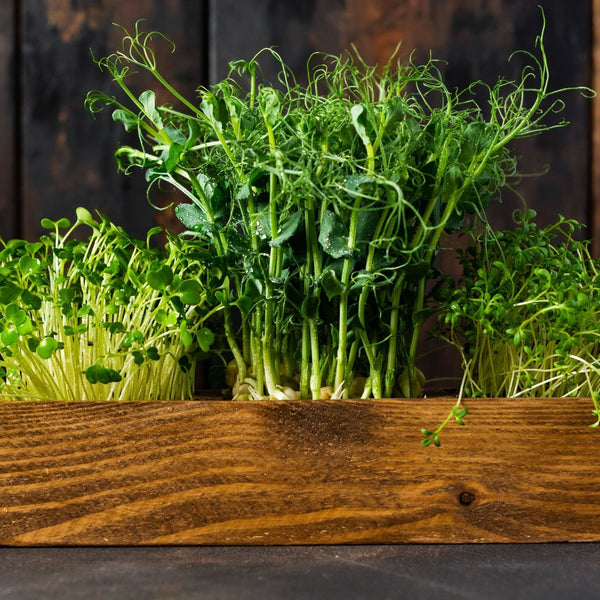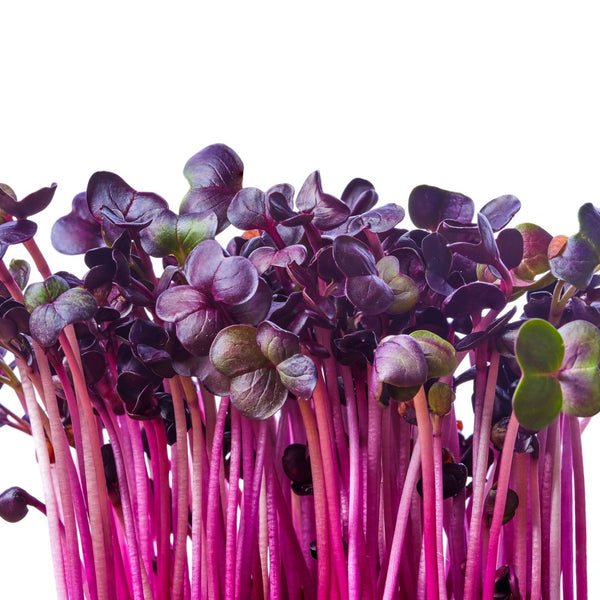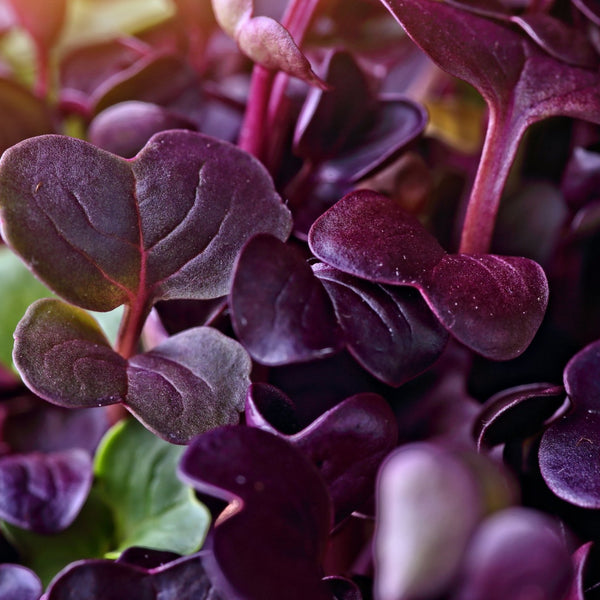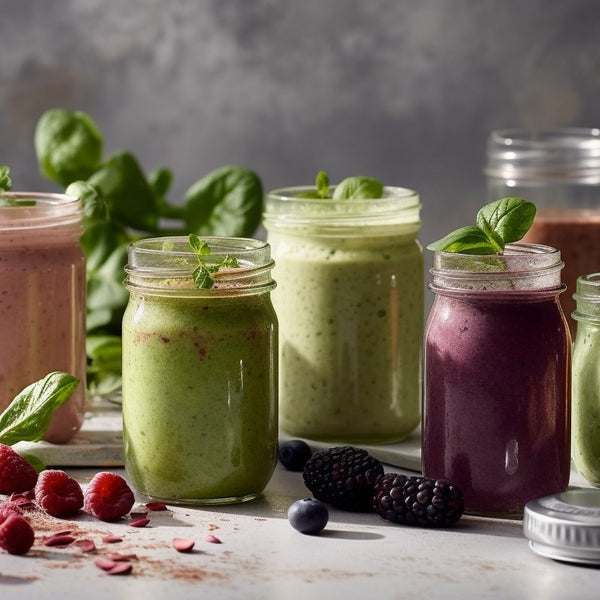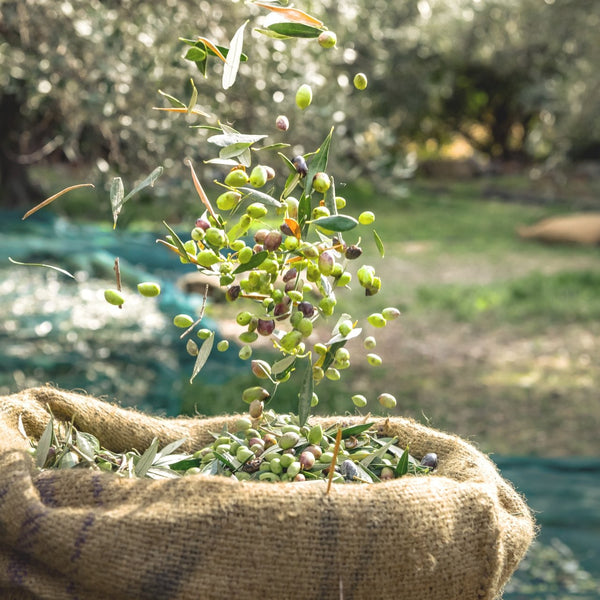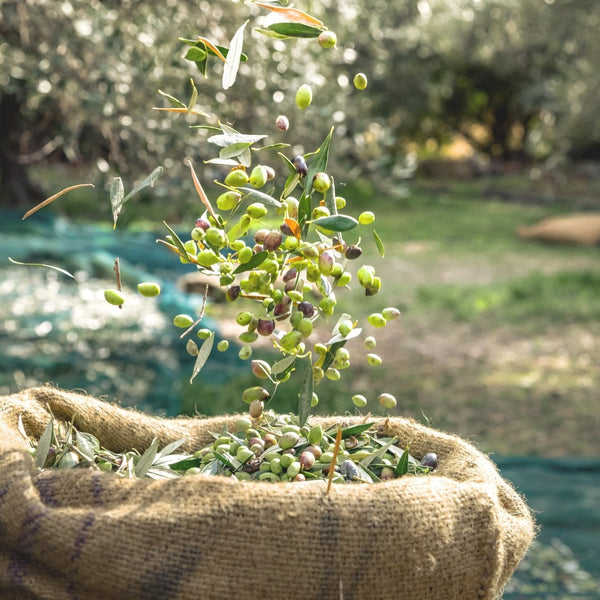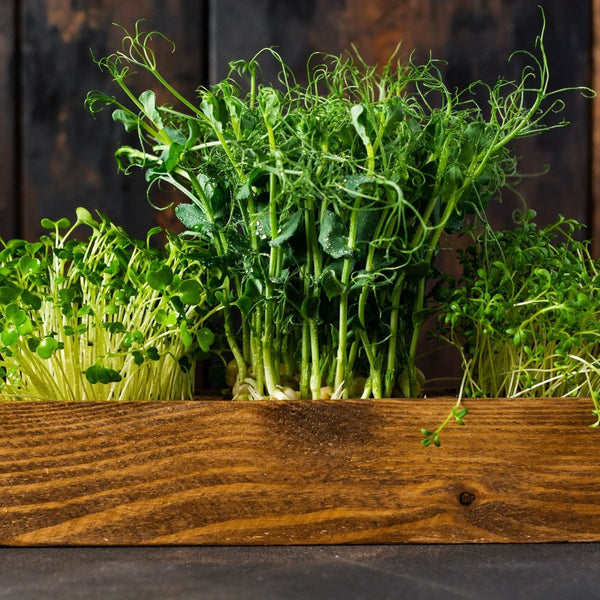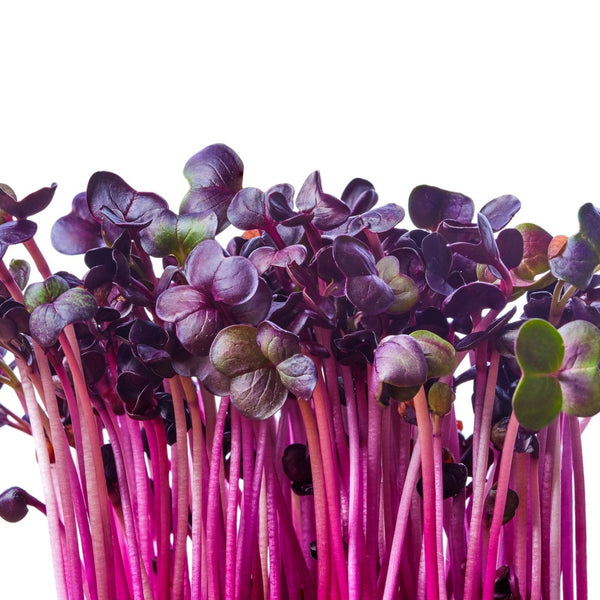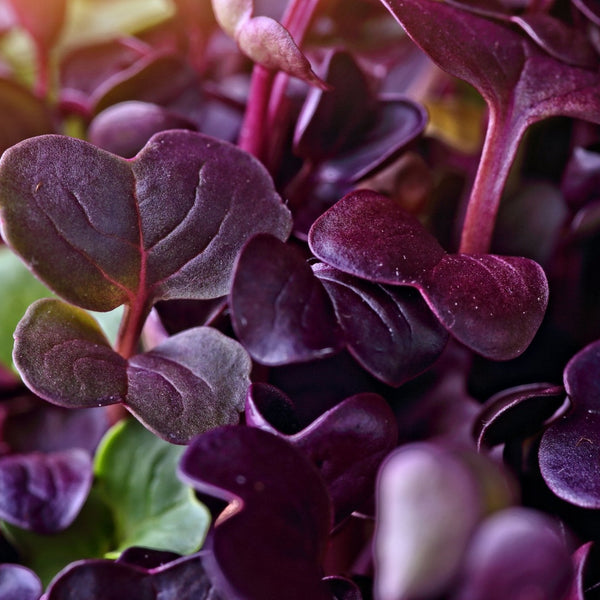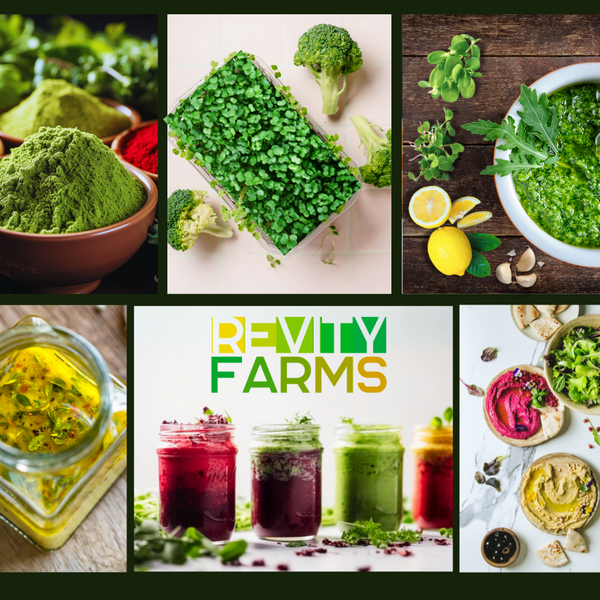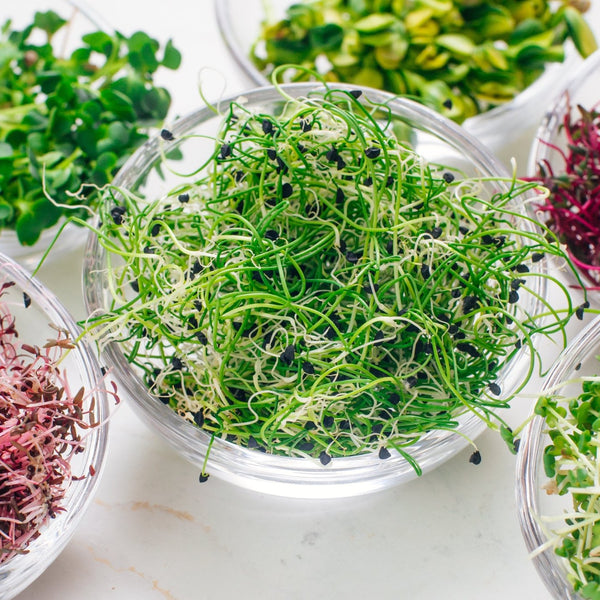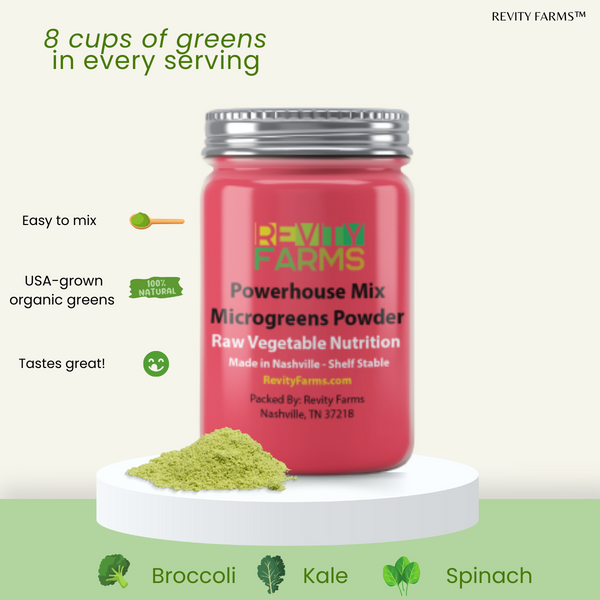
Our modern industrial farming model is failing us. Dominated by a handful of large corporations, it depletes soils, pollutes water, relies heavily on synthetic chemicals, and consolidates power away from local communities. This broken system jeopardizes public health, the environment, and food security. Incremental reforms are no longer enough — we need transformative change.
A key indicator of these systemic flaws is the paradox of wasted local abundance amidst industrial efficiency. At Revity Farms, we constantly see incredible local producers wasting fresh, nutritious foods while consumers buy generic products shipped from afar, ripened in a truck. These local farmers work tirelessly but end up throwing away the bounty of their labor because the average grocery store gives them little access to customers.
Up to 40% of food in the U.S. is wasted, yet we disregard the fresher, more sustainable option often available in our own communities. This is emblematic of an industrial farming model that has strayed far from supporting local economies, diversity, and resilience.
Federal policies and patterns of consolidation entrench the large-scale monoculture approach focused on commodity crop efficiency, cost reduction, and maximizing shelf life. But this comes at the expense of critical factors like water conservation, soil health, sustainability, and empowering small-scale farmers.
Industrial techniques have depleted soils of nutrients and degraded farmland. The predatory consolidation of agriculture has eliminated independent family farms and crippled rural economies. The sector remains mired in antiquated thinking even as climate change strains multiply.
Clearly, "business as usual" is no longer tenable. America needs a food system built on ecology, biodiversity, regeneration, community self-determination, and distributed economic opportunities.
The solutions lie in technologies and approaches that heal the planet while connecting local producers to consumers. For example, advanced controlled-environment agriculture techniques like dense vertical hydroponics can enable year-round local crop yields without the waste of industrial practices. These indoor farms can be integrated right into cities and communities.
To make sustainable techniques more accessible, contextual AI solutions can simplify complex interactions through natural language interfaces tailored to each farmer's needs and setup. This democratizes the power of data-driven agriculture so a new generation of producers can lead the farming revolution.
The future of food depends on innovating and democratizing tools so that small producers, conscious consumers, and passionate activists can transform the system from the ground up. By interweaving cutting-edge solutions with traditional wisdom and ecological priorities, we can bring forth an agricultural system centered on thriving local economies, equity, biodiversity, sustainability, and human and planetary health. The costs of inaction grow intolerable, especially as you consider the broken labor practices and conditions in large scale traditional farming. The time for real change is now.
